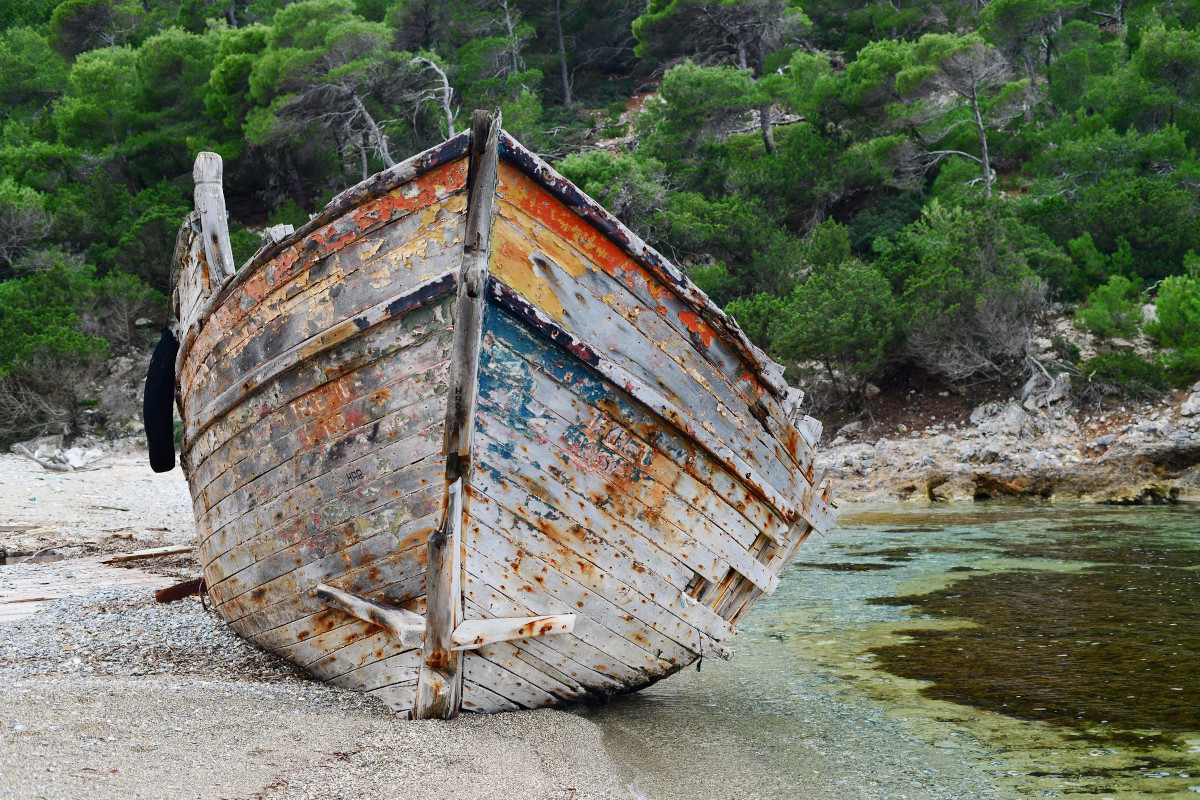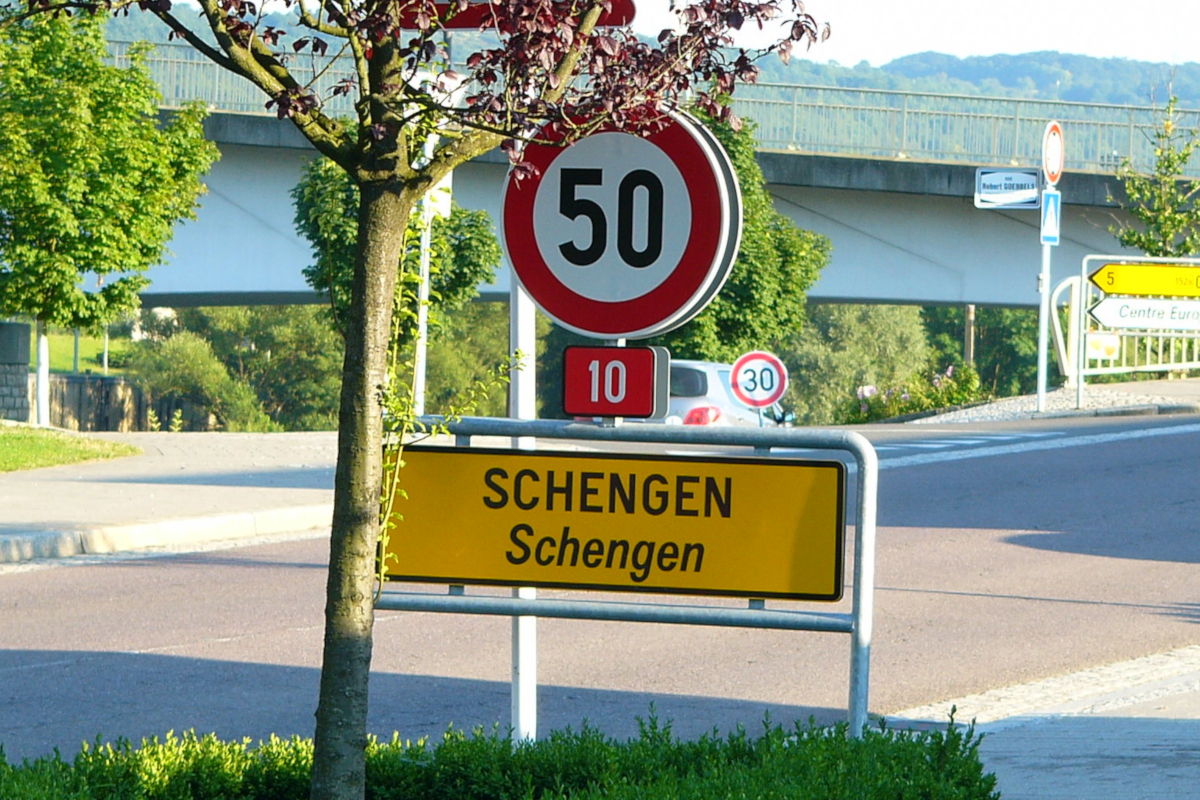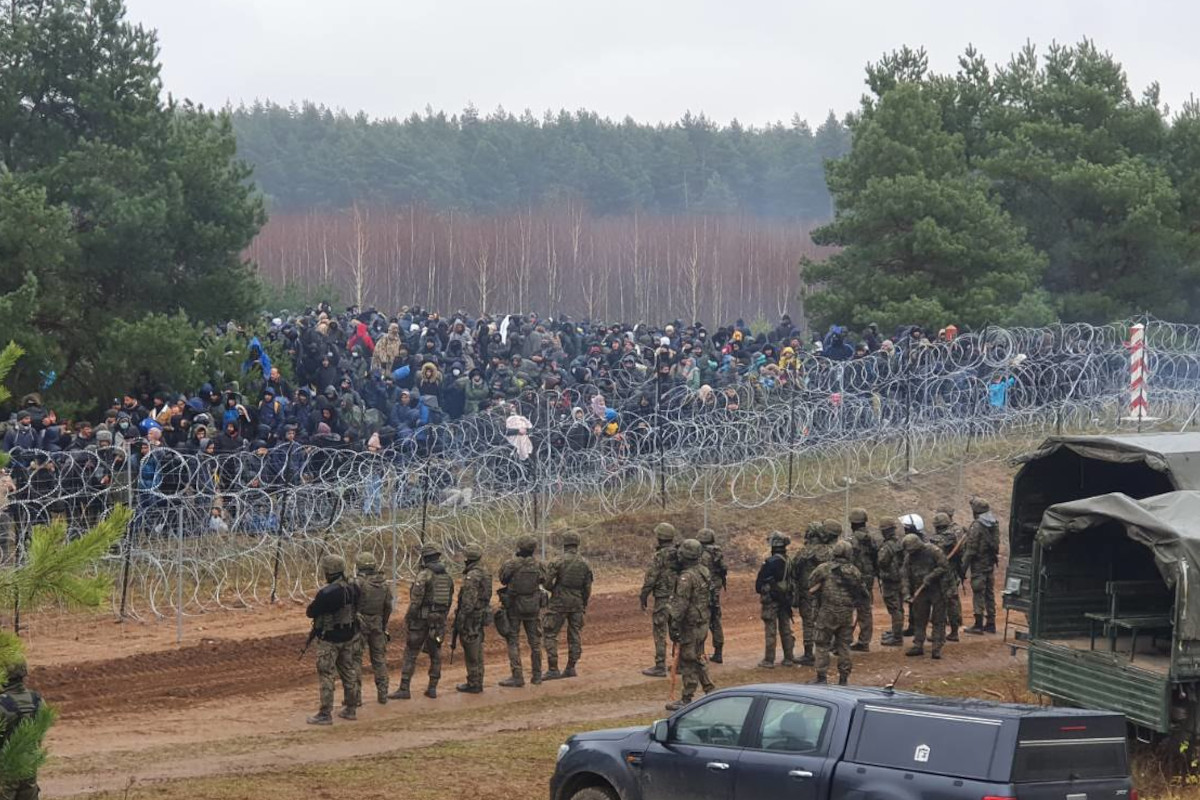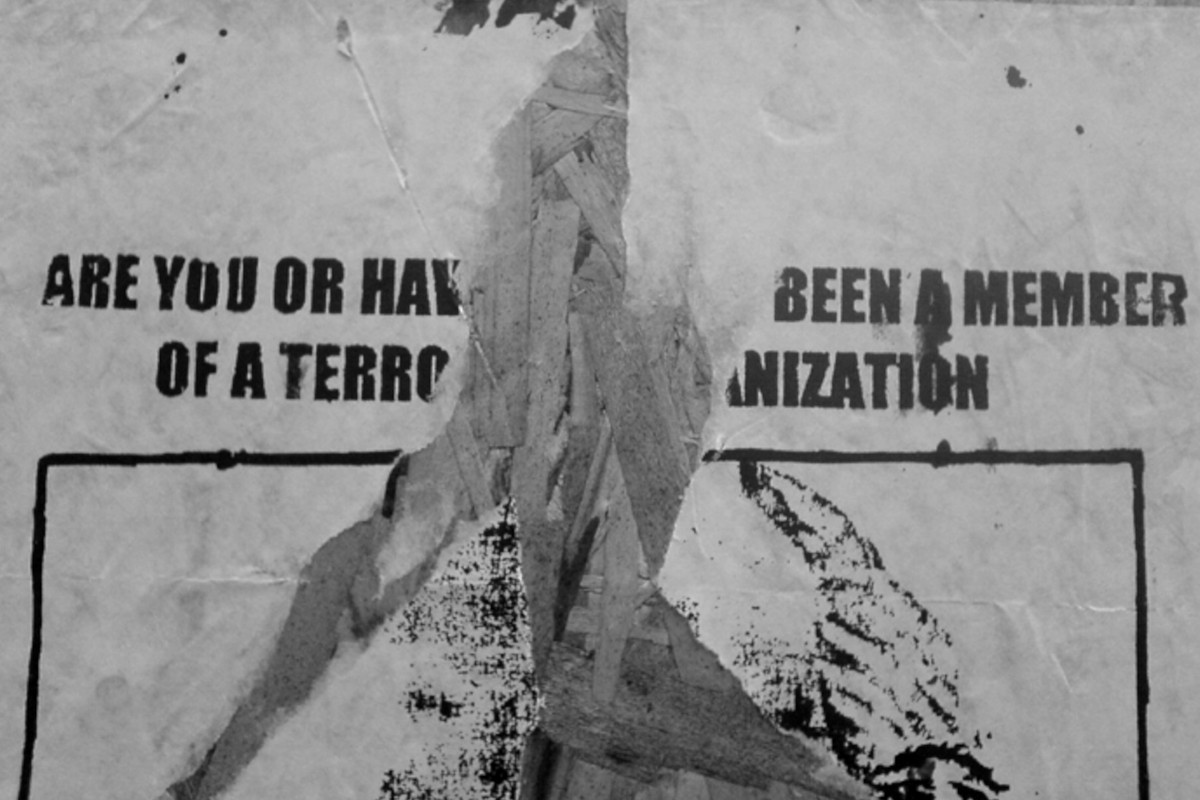New EU migrant smuggling law: member states keen on maximum criminalisation
Topic
21 May 2024
The EU is moving towards adopting a renewed law to criminalise migrant smuggling, and member states in the Council have started making progress towards a position for negotiations with the Parliament. Some governments appear to favour maximum criminalisation, calling for a broad definition of smuggling to facilitate prosecutions – a position that has been taken on board by the Belgian Council Presidency in an initial compromise text.
Support our work: become a Friend of Statewatch from as little as £1/€1 per month.

Image: orientalizing, CC BY-NC-ND 2.0
Member states’ comments were summed up in a “non-paper” (pdf) circulated by the Belgian Council Presidency in March, based on comments from member states circulated in February (pdf) and March (pdf).
The summary notes that some member states consider the proposal’s definition of smuggling as involving a “financial or material benefit” too restrictive, and argue that facilitating irregular entry or stay should be criminalised regardless of whether or not a benefit is obtained by the facilitator.
“The rationale behind this is that an effective investigation and prosecution are hindered by the difficulty of proving the existence of any financial or material benefit,” the Presidency noted.
The Greek state is one of those that wishes to keep a broad definition of facilitation, commenting that “in practice, it will be almost impossible to prove the economic or other benefit and obtain the criminal conviction of the responsible persons,” in particular if hawala or cryptocurrency payments are used.
The Presidency’s compromise proposal, circulated in mid-April, says:
Article 3
Criminal offences
- Member States shall ensure that intentionally assisting a third-country national to enter, or transit across, or stay within the territory of any Member State in breach of relevant Union law or the laws of the Member State concerned on the entry, transit and stay of third-country nationals constitutes a criminal offence where:
- a) the person who carries out the conduct requests, receives or accepts, directly or indirectly, a financial or material benefit, or a promise thereof, or carries out the conduct in order to obtain such a benefit; or
- b) there is a high likelihood of causing serious harm to a person.
Excluding the element of financial or material benefit from the definition of smuggling increases the possibilities for the “criminalisation of solidarity” – a term that has become shorthand for the prosecution of individuals or groups that provide humanitarian, legal or other support to people crossing borders.
The Cypriot administration is keen to ensure the possibility of prosecuting boat drivers, stating that the proposed Article 3 “is not broad enough to cover ever situation where there is any gain, of any type, obtained from the smuggling,” for example “where the smuggler agrees that a third country national, instead of paying for the trip, will drive the boat to the Member State.”
A 2021 report by a group of organisations argued that Italy’s prosecution of hundreds of boat drivers has been a tactic used “to re-enforce Europe’s border regime,” and the organisation borderline-europe has noted that in Greece, the “systematic” prosecution of boat drivers “is based on the absurd notion that anyone who drives an inflatable boat carrying people seeking protection is a smuggler. Often the accused are themselves protection seekers and have been coerced into driving the boat."
Nine survivors of the Pylos shipwreck that killed more than 600 people are currently facing charges in Greece, with Human Rights Watch calling for the courts to “examine the behavior of the Hellenic Coast Guard or the allegation that the attempt to tow the boat was the direct, material cause of the shipwreck.”
States have shown more caution with regard to the proposed offence of inciting irregular entry, with France and Germany both raising concerns that it may have negative impacts upon freedom of expression. A comment from the German delegation says “we understand that this affects freedom of expression and possibly also freedom of the press. This should be avoided.”
Documentation
- Written comments and suggestions provided by Member States and Schengen Associated States concerning Articles 1-6 (Council doc. 6237/24, LIMITE, 9 February 2024, pdf)
- Written comments and suggestions provided by Member States and Schengen Associated States concerning Articles 7-12 (Council doc. 7459/24, LIMITE, 8 March 2024, pdf)
- Presidency non-paper (Council doc. 7673/24, LIMITE, 21 March 2024, pdf)
- Presidency note on Articles 1-11 (Council doc. 8775/24, LIMITE, 17 April 2024, pdf)
Our work is only possible with your support.
Become a Friend of Statewatch from as little as £1/€1 per month.
Further reading

EU gears up for renewed crackdown on migrant smuggling
At the Schengen Council meeting on 19 October, ministers will discuss how to ramp up the EU's repressive measures against migrant smuggling and decide on "actions, commitments and sustainable solutions." A draft paper from the Spanish Council Presidency gives an indication of the plans that are in the works.

Europol migrant smuggling proposal torn to shreds by the Council
The Belgian Presidency of the Council of the EU has proposed gutting the Commission’s proposal to increase Europol’s powers in human smuggling and trafficking cases. There is little that remains of the original proposal, aside from new “Operational Task Forces” led by member states (with a support role given to Europol) and a limited mandatory exchange of information on smuggling and trafficking investigations.

Finland and Italy want more military involvement in migration control
The Finnish and Italian governments last month presented a plan on “countering instrumentalization of migration and migrant smuggling” to the EU Foreign Affairs Council meeting, calling for “innovative ways” to address the issues – including by increased cooperation between the EU and NATO.
Spotted an error? If you've spotted a problem with this page, just click once to let us know.
